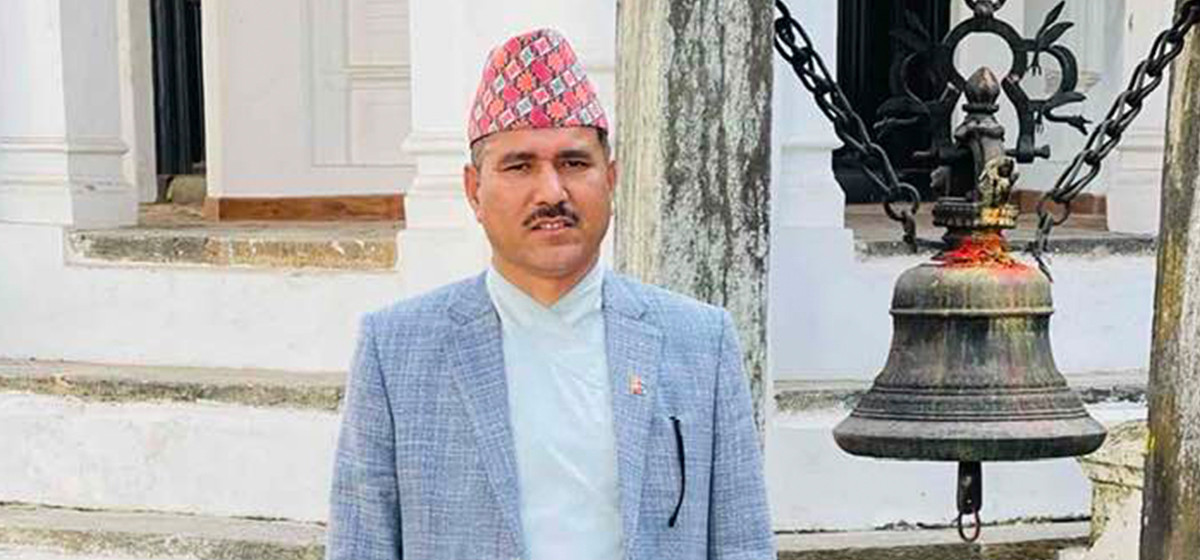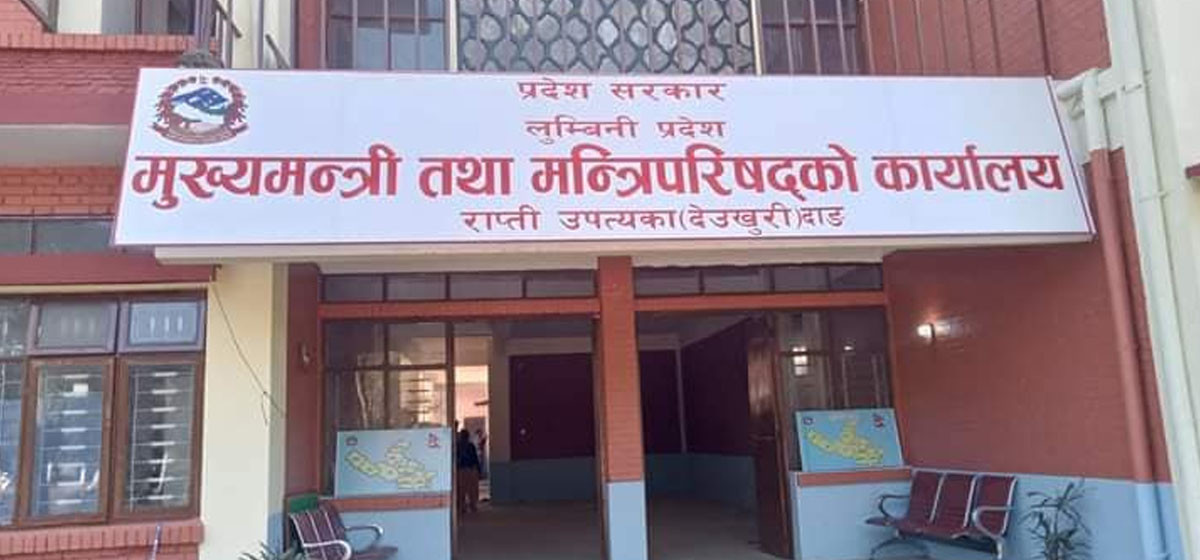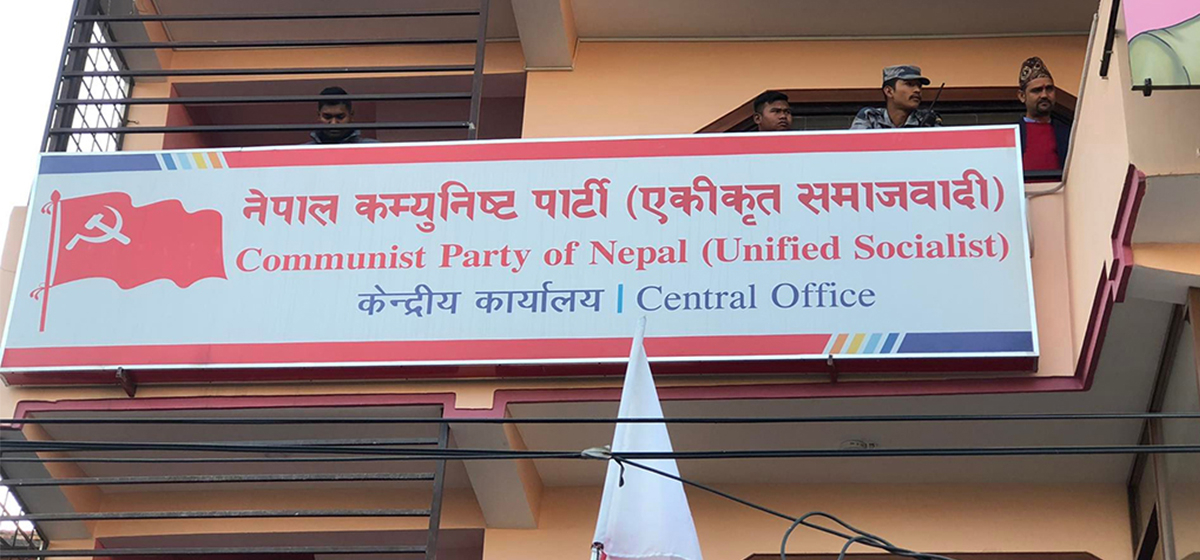
OR


Simone Galimberti
Simone Galimberti is the Co-Founder of ENGAGE, an NGO partnering with youths to promote social inclusion in Nepal.simone_engage@yahoo.com
The country needs more social workers but rethinking their education is essential.
In times of an emergency like the one we are currently experiencing I am wondering about the role social work as a profession can play and how it can better contribute to the inclusive development of Nepal. There is a common understanding that social work as such is not much of value and it is easily overlooked within the society despite the innumerable socio-economic challenges faced by the nation.
Caste discrimination, perhaps unconscious biases like denial of a rent in urban settings, still too common in rural areas is still a big issue that needs to be addressed. The battle against gender violence in all its forms and stripes, from acid attacks to unfair and unequal attitudes and behaviors towards women in the wider society including our homes, is yet to be won.
We see the effects of climate change almost every single day in this monsoon season with people dying and being displaced by floods and landslides.
The pandemic has magnified through its horrendous lens the inequalities embedded in the society. Behind all the plagues there are people, the victims themselves and also the members of their families. People suffer, lives are wounded and destroyed and the healing process takes time.
In this context, there is a need for making social work the most attractive discipline of study in the country not just because of prospective jobs in well-paying social organizations but because there is a huge need for positive social actions on the ground.
Positive change happens when effective public policies marry effective and innovative social work practices and where ethical entrepreneurs can unleash their creativity and free spirit of competition.
If good governance is paramount and if the private sector plays a decisive role in shaping the future of the nation, social work should be the other indispensable element to turn around a society for better.
All social purpose organizations, a generic term that includes national and international not for profits, social enterprises and impact investors, should utilize social workers to achieve their goals.
I am talking about social workers who, apart from experts in project management and social business planning, are able to understand the needs on the ground and mediate among different stakeholders. They should be the ones giving agency and voice to the beneficiaries and clients of any socially oriented actions, translators and enablers at the same time, those who can provide a platform of self-empowerment ensuring that well intended ideas designed by well-meaning people too often with a very partial understanding on the complexities on the grounds, are going to have an impact and a positive one.
In order to elevate the role and profile of the social workers, we need to make sure that better and more qualified students emerge from the classrooms.
While a number of youth undertaking this career path are motivated, driven and genuinely passionate about contributing to alleviate problems and sufferings, many are just hanging around. For this vast and too often silent and disinterested percentage, we need more counseling and perhaps a year gap where they can better reflect and understand what they want to do.
No one expects young high school graduates to have found a life passion but at least some clarity is needed before having them embarking in and more importantly, committing to their higher education studies.
The challenge, an exciting one if you think from the perspective of an educator, is to either help those students that just happen to enroll in a social work course to either flourish by discovering new interests and intrinsic motivation in it or ease their transition to a more suitable course.
Better counseling and less pressure at the completion of high school from families to start their studies as soon as possible would allow such students to avoid wasting time and money.
Social work educators should be allowed to express themselves by having certain levels of flexibility in running their curricula and by using more interesting mediums rather than the often “copied and pasted” power point. Financially rewarding those of them totally devoted would also avoid them merely scrapping a living by forced “colleges trotting”.
Subjects related to negation, public relations and the designing and budgeting and business planning must be included together with the vast and emerging area of green social work. An overall re-thinking of what social workers are doing and what more they can achieve if a conducive environment is created, maybe one with less but better prepared colleges imparting the discipline, could propel the society as a whole in fully grasping their role.
When a calamity strikes, when an inter-communal incident happens, social worker professionals, leaders in their discipline, are the better “insurance” policy Nepal should count on.
The author is Co-Founder of ENGAGE, an NGO partnering with youths to promote social inclusion in Nepal
simone_engage@yahoo.com
You May Like This

PHOTOS: A school in Kageshwori Manohara Municipality resumes classes after seven months of shut down
KATHMANDU, Sept 28: A school in Kageshwori Manohara Municipality has resumed physical classes after the hiatus of seven months due... Read More...

‘Love in the Time of Corona’ is ‘time capsule’ of the times
From grappling with big life decisions to a marriage on the brink, a new four-part miniseries tackles relationship struggles during... Read More...

Gender dimensions in pandemic pedagogy
Education sector was comparatively quick to search for an adjustment to address the challenges COVID-19 posed to the system thanks... Read More...





Just In
- Raya appointed as Auditor General
- 9 are facing charges in what police in Canada say is the biggest gold theft in the country’s history
- Gold price falls by Rs 600 per tola
- Dr Anjan Shakya nominated as National Assembly member
- Special session of Koshi Province Assembly begins
- Lumbini Province: Three UML, one NUP leaders to take oath as ministers without portfolio today
- Unified Socialist’s general convention from June 30
- Former Indian Foreign Secy Shringla highlights India's strategic engagement with neighboring Nepal














Leave A Comment